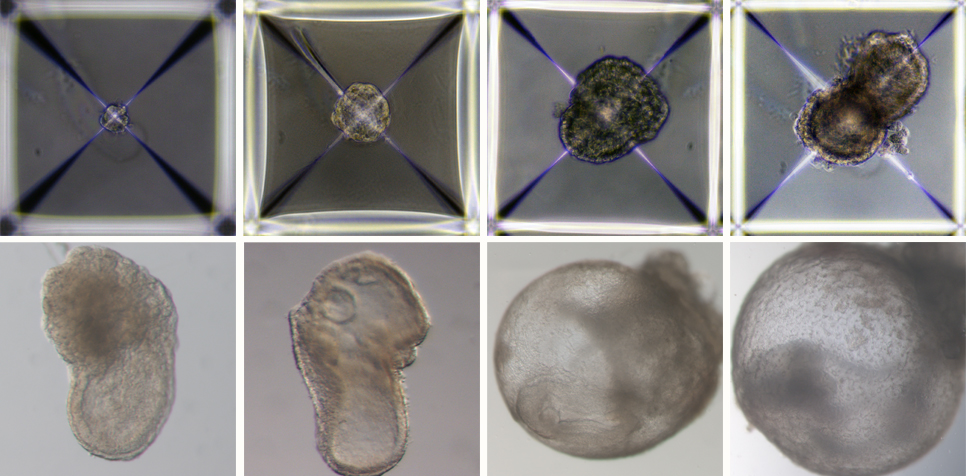Synthetic embryos grown from stem cells don't need sperm or eggs
Date: 12.8.2022
Researchers have created synthetic mouse embryos out of stem cells, removing the need for sperm, eggs and even a womb. They were then grown to almost half the entire gestation period, at which point they had all of the organ progenitors, including a beating heart. The tech could eventually be used to grow organs for transplant.

The new study, from researchers at the Weizmann Institute of Science in Israel, built on two branches of the team’s previous research. The first involved reprogramming stem cells into a “naive” state that allows them to differentiate into all other cells, including other stem cells. The other work focused on developing a device that could grow embryos more effectively outside of the womb.
By combining the two techniques, the team has now grown some of the most advanced synthetic mouse embryos to date. They started with naive mouse stem cells, which had been cultured in a Petri dish for several years prior. These were separated into three groups that would play key roles in the embryo development.
One group contained cells that would develop into embryonic organs. The other two were treated with master regulator genes of extra-embryonic tissues – the placenta for one group and the yolk sac for the other. The three types of cells were then mixed together in the artificial womb, which carefully controls pressure and oxygen exchange, and gently moves the beakers around to simulate natural nutrient flow.
“The embryo is the best organ-making machine and the best 3D bioprinter – we tried to emulate what it does,” said Professor Jacob Hanna, lead researcher on the study.
Zdroj obrázku: Weizmann Institute of Science.























